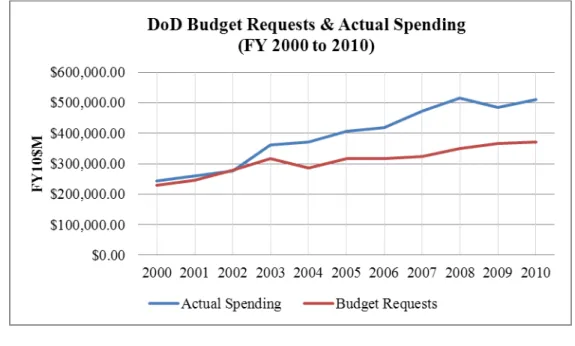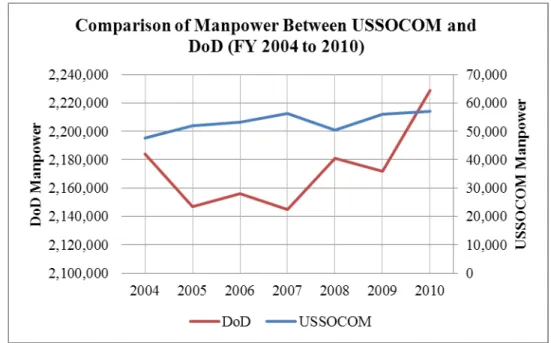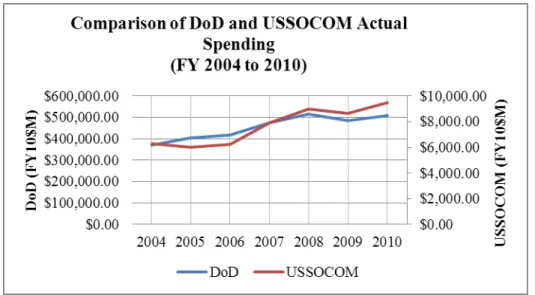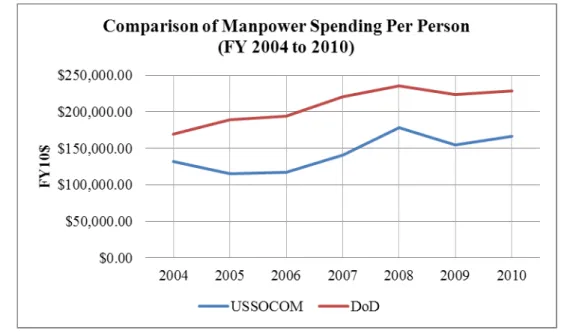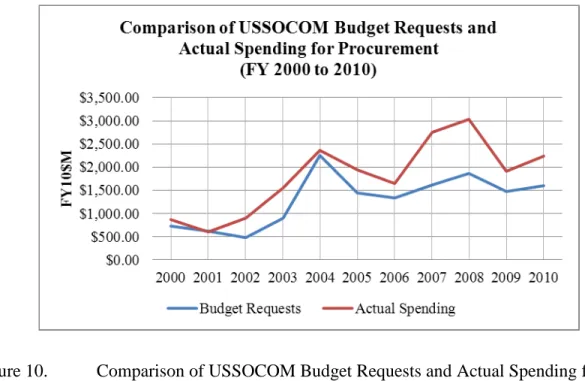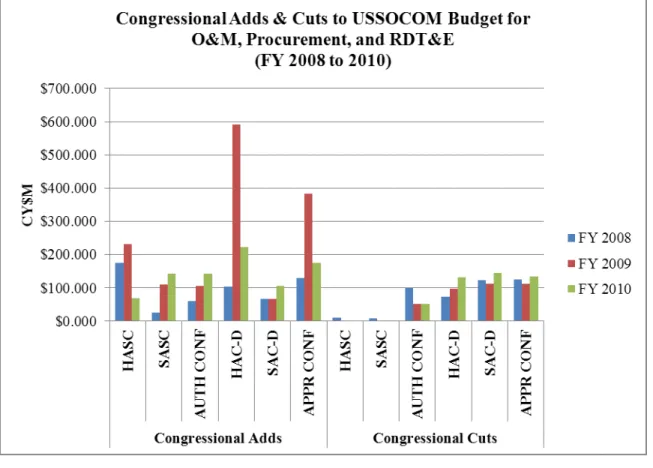A comparative analysis of congressional budget adjustments for U.S. Special Operations Command
Full text
Figure
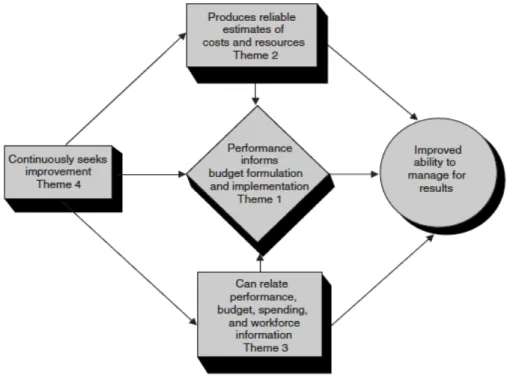
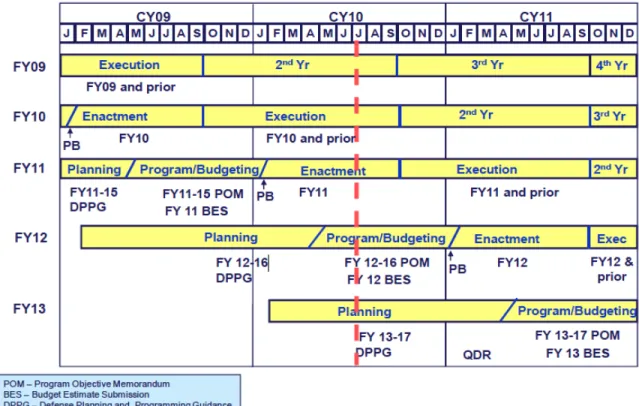
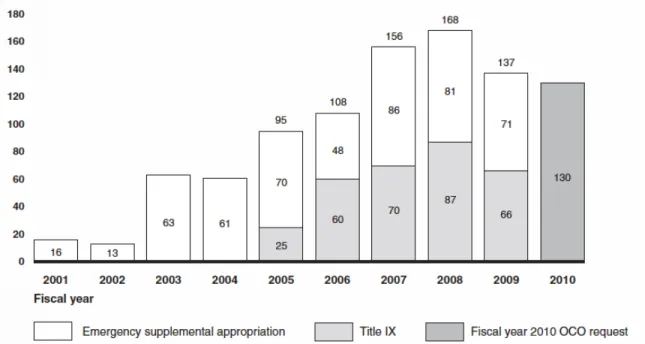
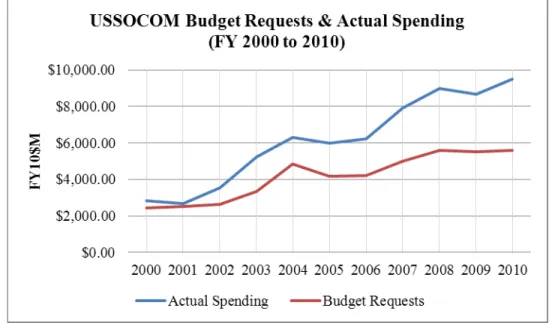
Related documents
The BES is an application that is used to create and correct one- time adjustments and permanent budget requests. The BES creates a Budget Journal Entry where budget
Fostering Multisector Partnerships through the Convergence Accelerator and programs such as Small Business Innovation Research, Small Business Technology
• Provides ongoing support for the Antarctic Infrastructure Modernization for Science construction project to modernize major facilities at McMurdo Station ($98 million), and
• The only federal agency that funds basic non-biomedical research and education across all fields of S&E and at all levels of education.. • Funds advanced instrumentation
While personnel costs in the budget request increase at a lower rate in the FY 2016 request than the annual 2.7 percent average increase since 2000, that is likely due to unrealistic
Replacement, Jimmy Donn sewer relocation, river pump station design, several water and sewer upgrades (Total $26,645,000) ($19.4 million of total is unfunded mandate). • Gas
Will accelerate progress in broad areas of science and engineering that address national priorities such as advanced manufacturing, clean energy, cybersecurity, neuroscience,
• Allocates nearly 90 percent of research funding through a merit review process as grants or cooperative agreements to individual researchers and groups at colleges,
